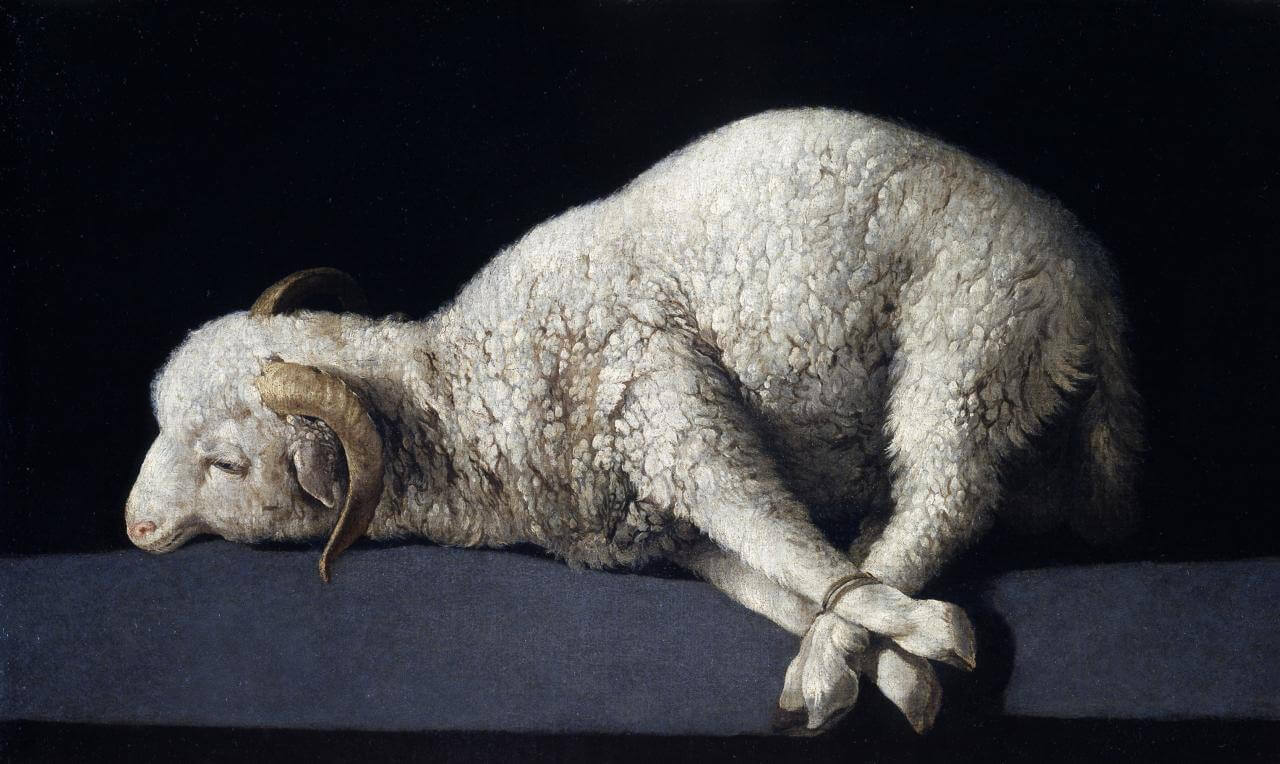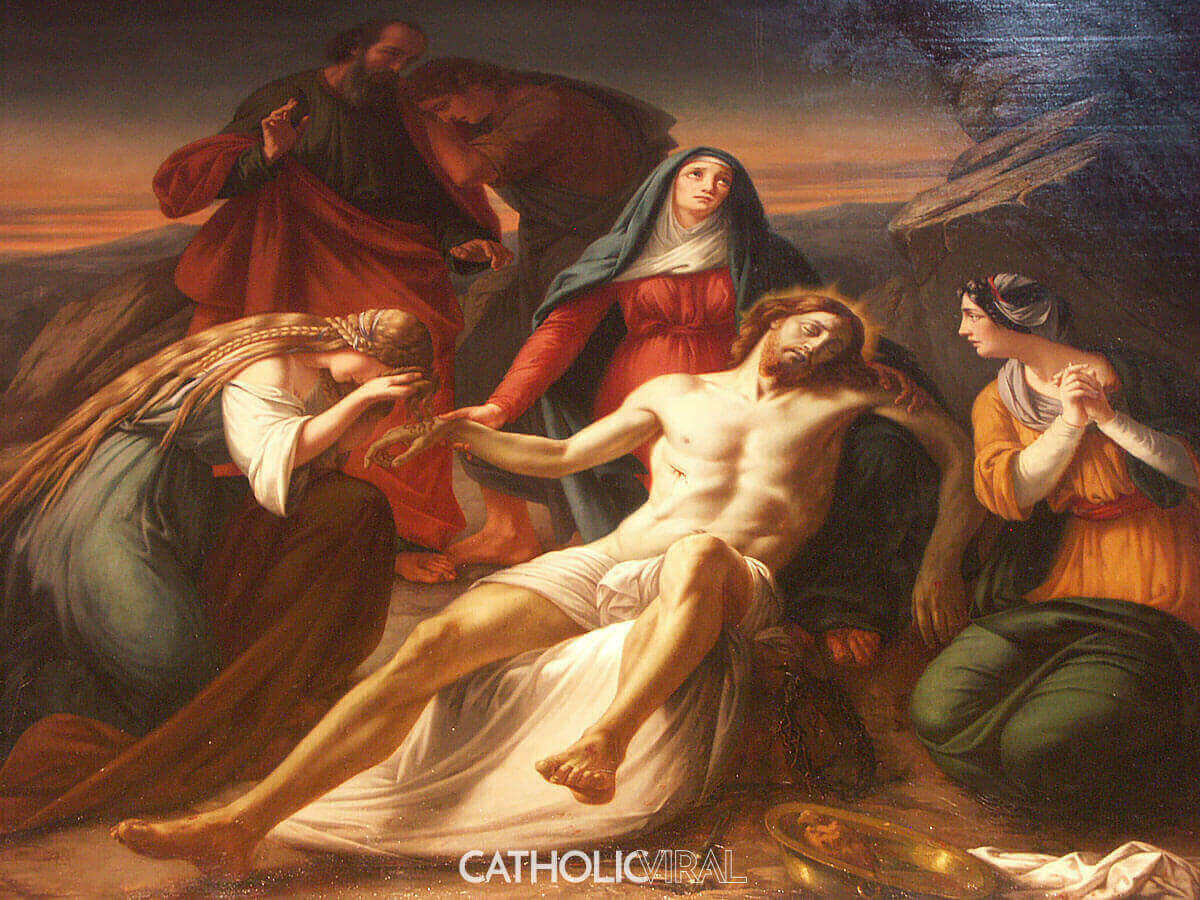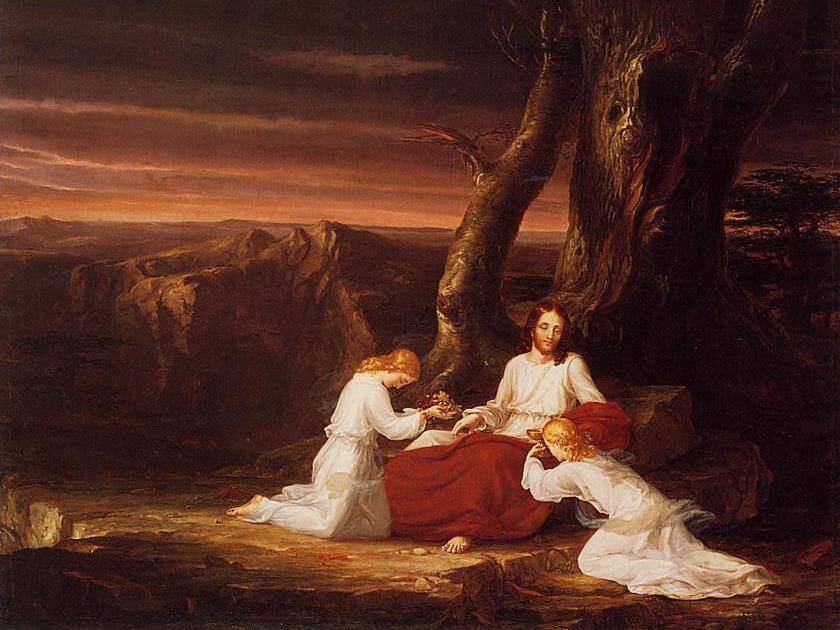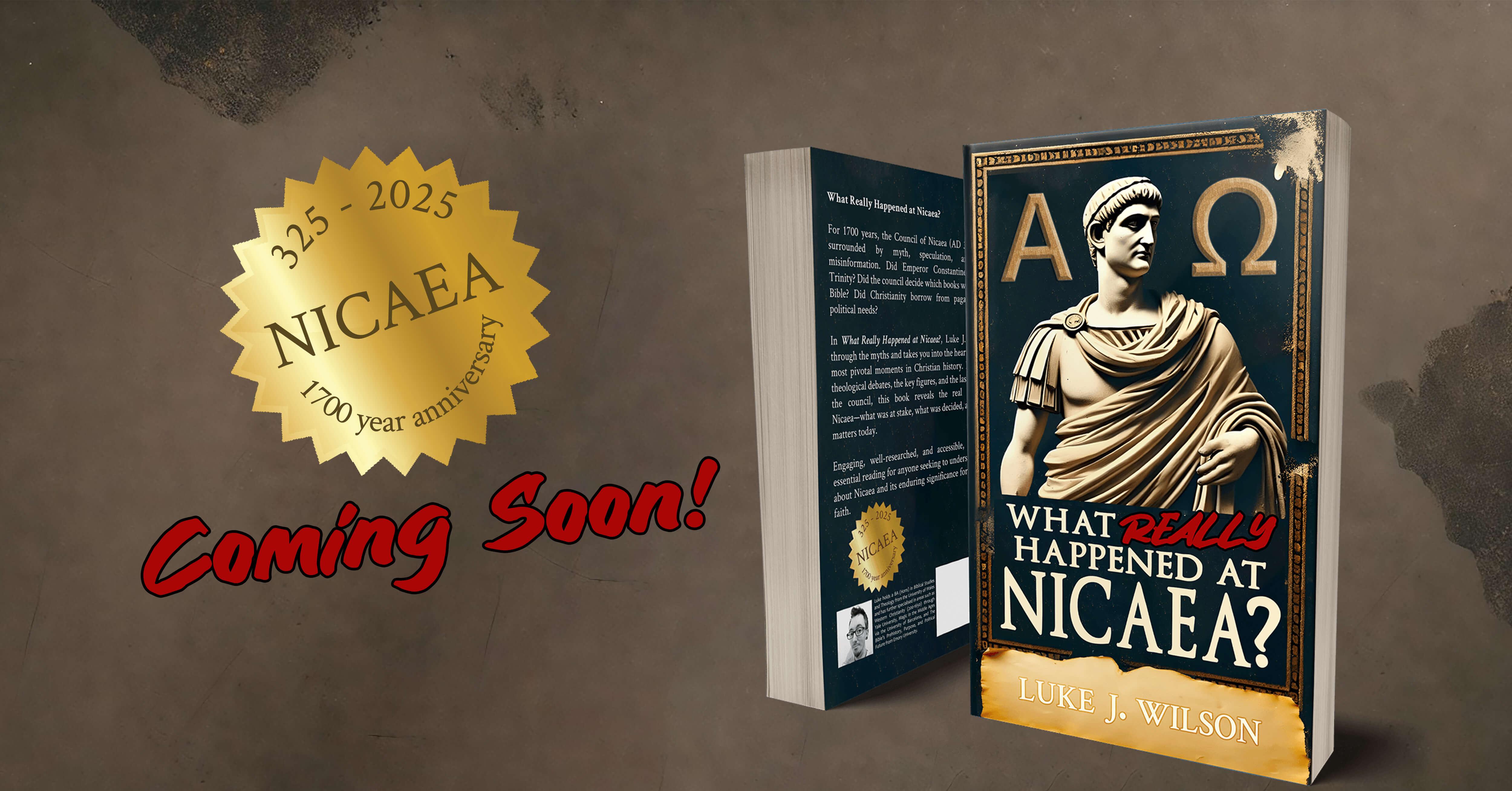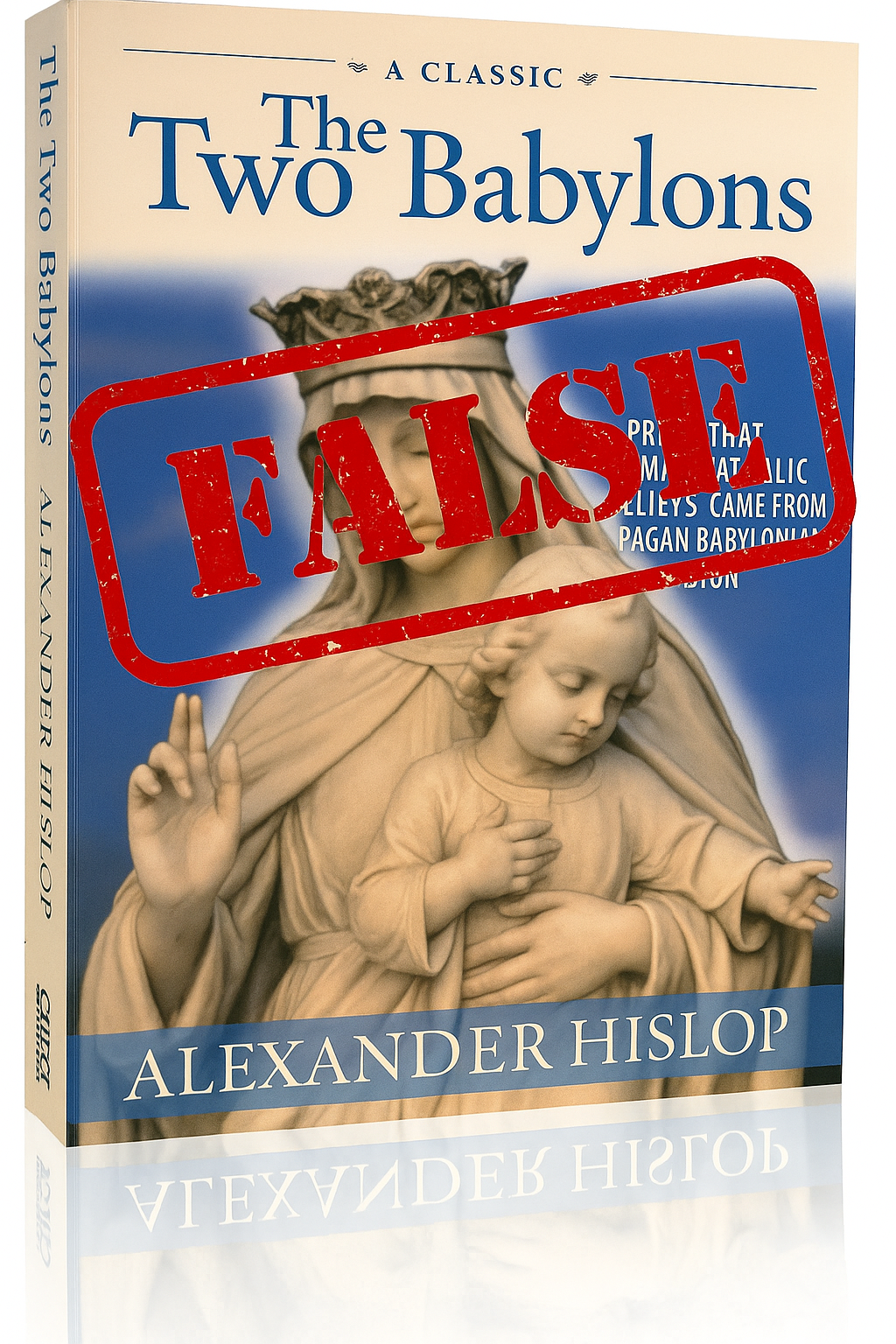Lent Day 21: Athanasius: Life of Anthony: Chaps. 1-10
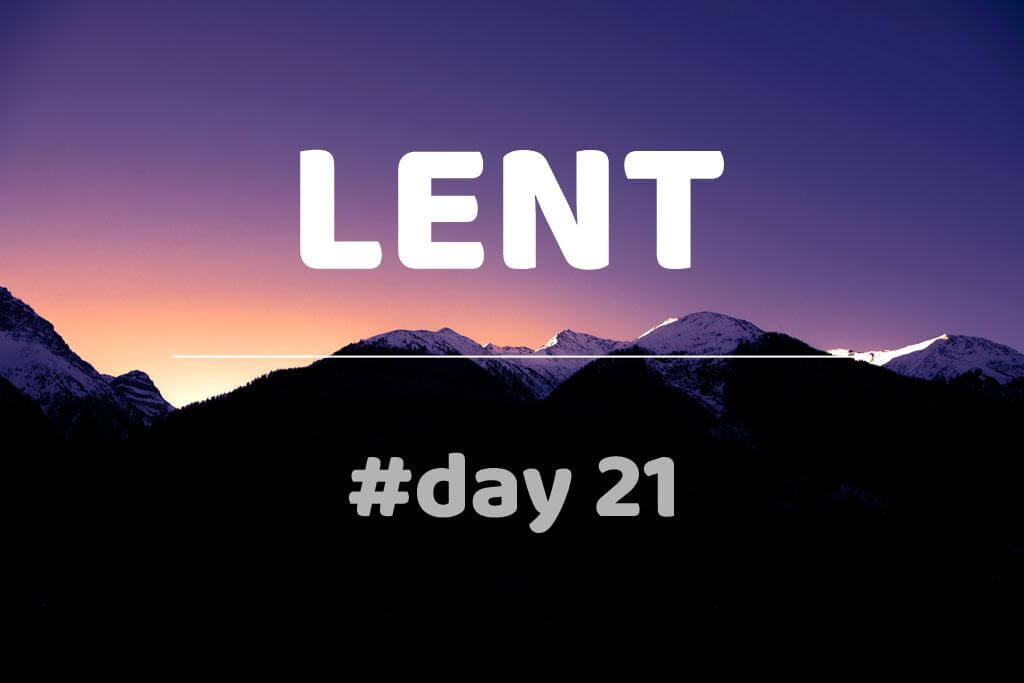
Day Twenty-one: St. Athanasius: Life of Anthony: Chaps. 1-10
Who: Bishop of Alexandria; Confessor and Doctor of the Church; born c. 296; died 2 May, 373 AD. He was the main defender of orthodoxy in the 4th-century battle against the Arianism heresy. Certain writers received the title “Doctor” on account of the great advantage their doctrine had on the whole Church, Athanasius especially for his doctrine on the incarnation.
What: The biography of Anthony the Great’s life, which helped to spread the concept of Christian monasticism, particularly in Western Europe.
Why: From the letter’s own prologue: “The life and conversation of our holy Father, Anthony: written and sent to the monks in foreign parts by our Father among the Saints, Athanasius, Bishop of Alexandria.” They wanted an accurate account of his life so they imitate his life and teaching.
When: Somewhere between 356 and 362 AD
You can find today’s reading on page 106 here: lentfatherscomplete.pdf
Just from reading a little background research on this book, I'm excited to read it! It sounds as though it was a very influential text, not only on the Church as a whole in setting the way for ascetic monasticism, but on convicting a great many who read it, bringing them to conversion. One such person you may recognise the name of, who had this experience, was Augustine!
Athanasius even opens his letter by saying that, “I know that you, when you have heard … will be wishful to emulate [Anthony’s] … pattern of discipline”. Being a bit partial to the monastic lifestyle, I'm curious to see how I personally respond to this.
In this letter, Athanasius says he planned to enquire of those monks who had spent more time with “Anthony the Great”, but due to the season of sailing coming to an end, and the letter being urgent, he decided to write down all that he personally knew about this monk, “having seen him many times, and what I was able to learn from him, for I was his attendant for a long time”.
Anthony was of Egyptian descent, from an affluent Christian family, but growing up he didn't rely on his family's wealth. Instead he endeavoured to live a simple life like he saw from Jacob in Genesis;
Genesis 25:27
When the boys grew up, Esau was a skillful hunter, a man of the field, while Jacob was a quiet man, living in tents.
At around eighteen his parents died leaving him to look after his sister, but it didn't deter him from going to “the Lord's house” as was his custom, upon which “he communed with himself and reflected as he walked how the Apostles left all and followed the Saviour (Matthew 4:20); and how they in the Acts sold their possessions (Acts 4:34)”.
Upon entering the Church one day, there was being read Matthew 19:21 where Jesus tells the rich man to sell all of his possessions. It struck him as though it had been selected and read out just for him, and so he “went out immediately from the church, and gave the possessions of his forefathers to the villagers”, and sold everything else he had and gave the money to the poor, keeping only a little back for his sister.
Early ascetic life
But then later, at another time while he was at church, he heard a reading from Matt 6:34 where Jesus teaches us but to worry about the next day because God is in control of our needs. So, like before, he ran out of the church and gave away the last little bit he'd kept aside for himself and his sister. After doing this, he committed his sister to a well respected convent to be brought up, and then went away outside of his house to dedicate himself to ascetic discipline (such as prayer, solitude and self control).
There weren't many monasteries in Egypt at this time, so he eventually went into the desert to find greater solitude for prayer and discipline, which was an unusual practice, since other ascetics and monks would just stay in remote places near their villages.
In the next village there was an old man who had been a hermit since his youth. Anthony sought him out to learn piety from and then went about his own discipline, incorporating what he'd learnt. As he heard about other similar men, Anthony would travel far and wide to find them and learn what he could, “having got from the good man as it were supplies for his journey in the way of virtue” before returning home again. Then “henceforth would strive to unite the qualities of each, and was eager to show in himself the virtues of all”.
He observed the graciousness of one; the unceasing prayer of another; he took knowledge of another's freedom from anger and another's loving-kindness; he gave heed to one as he watched, to another as he studied; one he admired for his endurance, another for his fasting and sleeping on the ground; the meekness of one and the long-suffering of another he watched with care, while he took note of the piety towards Christ and the mutual love which animated all.
When his reputation had spread throughout the villages, the people “saw that he was a man of this sort, used to call him God-beloved. And some welcomed him as a son, others as a brother”.
But as we draw closer to God, the more attention we can also draw from our adversary, the devil. Having seen that someone so young could be so pious, the enemy began “whispering to him the remembrance of his wealth, care for his sister, claims of kindred, love of money, love of glory” trying to cloud his mind with the things of the world.
During this time, the devil went to great lengths to tempt and attack Anthony to try and cause him to stumble. In various ways and forms (some physical, even!) the devil took his best shots but Anthony put his mind to Christ and the Scriptures to overcome these trials.
Details of later life
“All this was a source of shame to his foe. For he, deeming himself like God, was now mocked by a young man” — Anthony overcame the devil's attacks and made him look foolish in his attempts. It was because of his faith and trust in Christ’s death and resurrection, that those “who truly fight can say, 'not I but the grace of God which was with me’ (1 Corinthians 15:10)” because we can do nothing of our own.
Not boasting nor being puffed up in this victory, he, “having learned from the Scriptures that the devices of the devil are many (Ephesians 6:11), zealously continued the discipline”, because he knew that the devil “would endeavour to ensnare him by other means” still.
Continuing more with his discipline, he would not focus nor remember the past, but would press on with the current day and what lay before, meditating on Paul's words;
Philippians 3:14
I press on toward the goal for the prize of the heavenly call of God in Christ Jesus.
Battles with demons
Eventually, Anthony withdrew to a burial ground far from his village and set up camp in a tomb. He had friends lock him in, but they would return every couple of days with bread and water for him.
But the enemy “could not endure it” and thought that within a “short time Antony would fill the desert with the discipline” and so one night a multitude of demons came to Anthony and physically attacked him, cutting up his back with “stripes”. In the morning, his friends found him and though that he was dead!
Upon waking up, he was taken back to the tomb where the devil once again tried to attack him, but this time with loud noises as though there were an earthquake, and with many terrible apparitions of wild beasts trying to come at him. Though this made Anthony’s body ache from the wounds, his mind was clear and he rebuked the demons, unafraid, because “faith in our Lord is a seal and a wall of safety to us”!
At this time, he had another vision where it appeared that the roof of the tomb opened up, and rays of light spewed in, causing the demons to vanish and his body to heal and be freed of pain. But pondering on this, he asked of the Lord, “Where were you? Why not do this in the beginning, why wait?” to which the Lord responded in saying that he was always with him, but waited to see how he fought the enemy and whether he endured or was made worse. After this, he was filled with strength, more than he thought he had before, and went on his way. By this point, Anthony was around thirty-five years old.
I started out this reading intrigued and excited to see what it held in store, and I am not disappointed. I look forward to reading more tomorrow to see how Anthony progresses in his new ascetic life, and to go on the journey with him vicariously through Athanasius’ telling of Anthony’s life story.
Leave a comment Like Back to Top Seen 470 times Liked 0 times
Enjoying this content?
Support my work by becoming a patron on Patreon!
By joining, you help fund the time, research, and effort that goes into creating this content — and you’ll also get access to exclusive perks and updates.
Even a small amount per month makes a real difference. Thank you for your support!
Subscribe to Updates
If you enjoyed this, why not subscribe to free email updates and join over 853 subscribers today!
My new book is out now! Order today wherever you get books
Recent Posts
Luke J. Wilson | 20th May 2025 | Islam
You are not alone. Around the world, many Muslims — people who already believe in one God, pray, and seek to live righteously — are drawn to know more about Jesus (ʿĪsā in Arabic). Some have heard He is more than a prophet. Some have sensed His presence in a dream or vision. And some simply long to know God more deeply, personally, and truly. So what does it mean to become a Christian? And how can you take that step? This guide is for you. 1. What Christians Believe About God and Jesus ➤ One God, Eternal and Good Christians believe in one God — the same Creator known to Abraham, Moses, and the prophets. But we also believe God is more personal and relational than many realise. In His love, He has revealed Himself as Father, Son (Jesus), and Holy Spirit — not three gods, but one God in three persons. ➤ Jesus Is More Than a Prophet Muslims honour Jesus as a great prophet, born of the virgin Mary. Christians also affirm this — but go further. The Bible teaches that Jesus is the Word of God (Kalimat Allāh), who became flesh to live among us. He performed miracles, healed the sick, raised the dead — and lived without sin.Jesus came not just to teach but to save — to bring us back to God by bearing our sins and rising again in victory over death. 2. Why Do We Need Saving? ➤ The Problem: Sin All people — no matter their religion — struggle with sin. We lie, get angry, feel jealous, act selfishly, or fail to love God fully. The Bible says: “All have sinned and fall short of the glory of God.” (Romans 3:23) Sin separates us from God. And no matter how many good deeds we do, we can never make ourselves perfect or holy before Him. ➤ The Solution: Jesus Because God loves us, He did not leave us in our sin. He sent Jesus, His eternal Word, to live as one of us. Jesus died willingly, offering His life as a sacrifice for our sins, then rose again on the third day. “But God proves his love for us in that while we still were sinners Christ died for us.” (Romans 5:8) 3. How Do I Become a Christian? Becoming a Christian is not about joining a Western religion. It’s about entering a relationship with God through faith in Jesus Christ. Here is what the Bible says: ✝️ 1. Believe in Jesus Believe that Jesus is the Son of God, that He died for your sins, and that He rose again. “If you confess with your lips that Jesus is Lord and believe in your heart that God raised him from the dead, you will be saved.” (Romans 10:9) 💔 2. Repent of Your Sins Turn away from sin and ask God to forgive you. This is called repentance. It means being truly sorry and choosing a new way. “Repent therefore, and turn to God so that your sins may be wiped out.” (Acts 3:19) 💧 3. Be Baptised Jesus commands His followers to be baptised in water as a sign of their new life. Baptism represents washing away your old life and rising into a new one with Jesus. “Repent and be baptised every one of you in the name of Jesus Christ so that your sins may be forgiven.” (Acts 2:38) 🕊️ 4. Receive the Holy Spirit When you believe in Jesus, God gives you the Holy Spirit to live within you, guiding you, comforting you, and helping you follow His will. “You received the Spirit of adoption, by whom we cry, ‘Abba! Father!’” (Romans 8:15) 🧎 5. Begin a New Life As a Christian, you are born again — spiritually renewed. You begin to grow in faith, love, and holiness. You read the Bible, pray, fast, and gather with other believers. Your life is no longer your own; you now live for God. 4. What Does a Christian Life Look Like? Jesus said: “If anyone wants to become my followers, let them deny themselves and take up their cross and follow me.” (Matthew 16:24) This means: Loving God with all your heart Loving your neighbour — even your enemies Forgiving others ...
Luke J. Wilson | 05th May 2025 | Politics
When we think about David and Saul, we often focus on David’s rise to kingship or his battle with Goliath. But hidden within that story is a deep lesson for today’s generation about leadership, resistance, and the power of revolutionary love. At a recent youth training event (thanks to South West Youth Ministries), I was asked how I would present the story of David and Saul to a Christian teenage youth group. My mind turned to the politics of their relationship, and how David accepted Saul’s leadership, even when Saul had gone badly astray. David recognised that Saul was still God’s anointed king — placed there by God Himself — and that it was not David’s place to violently remove him. Gen-Z are more politically aware and engaged than previous generations, and are growing up in a world where politics, leadership, and social issues seem impossible to escape. We live in a world where political leaders — whether Trump, Putin, Starmer, or others — are often seen as examples of failed leadership. It’s easy to slip into bitterness, cynicism, or violent rhetoric. These kids are immersed in a culture of activism and outrage. As Christians, we’re called to care deeply about truth and justice and approach leadership differently from the world around us (Hosea 6:6; Isaiah 1:17; Micah 6:8). The story of David and Saul offers pertinent lessons for our modern lives. Respect Without Endorsement David’s respect for Saul was not blind loyalty. He did not agree with Saul’s actions, nor did he ignore Saul’s evil. David fled from Saul’s violence; he challenged Saul’s paranoia; he even cut the corner of Saul’s robe to prove he had the chance to kill him but chose not to. Yet throughout, David refused to take matters into his own hands by force. Why? Because David understood that even flawed authority ultimately rested in God’s hands, he trusted that God would remove Saul at the right time. This is echoed later in the New Testament when Paul writes in Romans 13 that “there is no authority except from God, and those authorities that exist have been instituted by God”, something even Jesus reminded Pilate of during his trial (John 19:10–11). In other words, even flawed leadership can be part of God’s bigger plan, whether for blessing or discipline. Even when leaders go bad, our call as believers is to maintain integrity, respect the position, and resist evil through righteousness — not rebellion. David and Saul: A Lesson in Respect and Restraint Saul was Israel’s first king — anointed by God but later corrupted by pride, fear, and violence. David, chosen to succeed him, spent years running for his life from Saul’s jealous rage. One day, David found Saul alone and vulnerable in a cave. His men urged him to strike Saul down and end the conflict. But David refused: “I will not raise my hand against my lord; for he is the Lord’s anointed.” (1 Samuel 24:10) Instead of killing Saul, David cut off a piece of his robe to prove he could have harmed him, but didn’t. In doing so, he demonstrated a real form of nonviolent resistance. He stood firm against Saul’s injustice without resorting to injustice himself, and acted in a way that could try to humble Saul instead. Peacemaking Is Not Passivity There is a modern misconception that peacemaking means doing nothing and just letting injustice roll all over us. But true biblical peacemaking is not passive; it actively resists evil without becoming evil. Interestingly, David’s actions toward Saul also foreshadow the type of nonviolent resistance Jesus later taught. When Jesus commanded His followers to turn the other cheek, go the extra mile, and love their enemies, he was not calling for passive submission but offering what scholar Walter Wink describes as a “third way” — a bold, peaceful form of resistance that uses what he calls “moral jiu-jitsu” to expose injustice without resorting to violenc...
Luke J. Wilson | 21st April 2025 | Easter
Over the years, I’ve encountered many Christians who’ve quoted from Alexander Hislop’s The Two Babylons as if it were a solid historical resource. The book claims that the Roman Catholic Church is not truly Christian but rather a continuation of ancient Babylonian religion. It’s self-assured and sweeping, and for many people, it seems to explain everything, from Marian devotion to Lent and Easter, to Christmas, as rooted in paganism. But is it accurate? In short: no, it really isn’t. Hislop’s work is a classic example of 19th-century pseudohistory — a polemical piece, written to prove a point, not to explore any historical truth. Flawed Methods and Wild Claims Hislop argues that most Catholic practices — from the Mass and clerical robes to festivals like Christmas and Easter — were somehow borrowed from Babylonian religion. The problem being that Hislop doesn’t rely on primary sources or credible historical data. Instead, he draws connections based on word similarities (like Easter and Ishtar) or visual resemblances (like Mary and child compared with mother-goddess statues from ancient cultures). But phonetic resemblance isn’t evidence, and neither is visual similarity. For example, if I say “sun” and “son” in English, they may sound alike, but they aren’t the same thing. That’s the level of reasoning at work in much of The Two Babylons. Hislop often lumps together completely different ancient figures — Isis, Semiramis, Ishtar, Aphrodite — as if they were all just variations of the same deity. He then tries to say Mary is just the Christian version of this pagan goddess figure. But there’s no credible evidence for that at all. Mary is understood through the lens of Scripture and Christian theology, not through pagan myth. The earliest depictions of Mary and the Christ-child date back to the second century and do not resemble any of the pagan idols. But, again, the common accusations are based on superficial similarities of a woman nursing a child. That’s going to look the same no matter who or what does that! Oldest depiction of Mary. Dura-Europos Church, Syria, 2nd century What About Lent and Tammuz? One of Hislop’s more popular claims is that Lent comes from a Babylonian mourning ritual for the god Tammuz, mentioned in Ezekiel 8:14. He argues that early Christians borrowed the 40-day mourning period and just rebranded it. But this doesn’t line up with the evidence. Lent developed as a time of fasting and repentance leading up to Easter — especially for new believers preparing for baptism. The number forty comes from Scripture: Jesus’ forty days in the wilderness, Moses’ fast on Sinai, and Elijah’s journey to Horeb. Church Fathers like Irenaeus and Athanasius saw it as a time for self-denial and spiritual renewal — not mourning a pagan god. Yes, there are pagan festivals that involve seasonal death and rebirth stories. But similarity does not mean origin. If that logic held, then even Jesus’ resurrection would be suspect because pagan cultures also told resurrection-like stories. Yet the gospel stands apart — not because of myth but because of history and revelation. Why Hislop’s Work Persists Even though The Two Babylons is poor scholarship, it’s unfortunately had a long shelf life. That’s partly because it appeals to a certain kind of suspicion. If you’re already sceptical about the Catholic Church, Hislop offers an easy explanation: “It’s all pagan!”. But history isn’t ever that simple. And theology — especially the theology handed down through the ages by the faithful— isn’t built on conspiracy and apparent obscure connections, but on Christ and the truth of the Scriptures. Interestingly, even Ralph Woodrow, a minister who once wrote a book defending Hislop’s ideas, later retracted his views after digging deeper into the evidence. He eventually wrote a book called The Babylon Connect...
Darwin to Jesus | 16th April 2025 | Atheism
Guest post by Darwin to Jesus Dostoevsky famously said, “If there is no God, then everything is permitted.” For years, as an atheist, I couldn’t understand what he meant, but now I do… Here’s a simple analogy that shows why only theism can make sense of morality: Imagine you just got hired at a company. You show up, set up your desk, and decide to use two large monitors. No big deal, right? But then some random guy walks up to you and says: “Hey, you’re not allowed to do that.” You ask, “What do you mean?” They say, “You’re not permitted* to use monitors that big.” In this situation, the correct response would be: “Says who?” We’ll now explore the different kinds of answers you might hear — each one representing a popular moral theory without God — and why none of them actually work. Subjective Morality The random guy says, “Well, I personally just happen to not like big monitors. I find them annoying.” Notice that’s not a reason for you to change your setup. Their personal preferences don’t impose obligations on you. This is what subjective morality looks like. It reduces morality to private taste. If this were the answer, you’d be correct to ignore this person and get back to work — big monitors are still permitted. Cultural Relativism Instead, they say, “It’s not just me — most people here don’t use big monitors. It’s not our culture.” That’s cultural relativism: right and wrong are just social customs, what is normal behavior. But notice customs aren’t obligations. If the culture were different, the moral rule would be different, which means it isn’t really moral at all. You might not fit in. You might not be liked. But you’re still permitted to use big monitors. Emotivism Here after being asked “says who?” the person just blurts out, “Boo, big monitors!” You reply, “Hurrah, big monitors!” That’s the entire conversation. This is emotivism. On this moral theory when we talk about right and wrong we’re actually just expressing our personal feelings towards actions, I boo rape, you hurrah rape. But shouting “boo!” at someone doesn’t create real obligations. You’re still permitted to use large monitors. Utilitarianism Here, the person says, “Your big monitors lower the overall productivity of the office. You’re not permitted to use them because they lead to worse consequences.” This is utilitarianism: morality is based on producing the greatest happiness for the greatest number. But even if that’s true — so what? Who says you’re obligated to maximize group productivity? And what if your monitors actually help you work better? Utilitarianism might tell you what leads to better outcomes, but it doesn’t tell you why you’re morally obligated to follow that path — especially if it comes at your own expense. You’re still permitted to use large monitors. Virtue Ethics Here they say, “Using big monitors just doesn’t reflect the virtues we admire here — simplicity, humility, restraint.” This is virtue ethics. Morality is about becoming the right kind of person. But who defines those virtues? And why are you obligated to follow them? What if your idea of a virtuous worker includes productivity and confidence? Without a transcendent standard, virtues are just cultural preferences dressed up in moral language. If you don’t care about virtue or their arbitrary standards, then you have no obligation. You’re still permitted to use large monitors. Atheist Moral Realism But what if they say, “Listen, there’s a rule. It’s always been here. It says you can’t use monitors that large.” You ask, “Who made the rule?” They say, “No one.” You ask, “Who owns this company?” They say, “No one owns it. The company just exists.” You look around and ask, “Where is the rule?” They say, “You won’t find it w...



